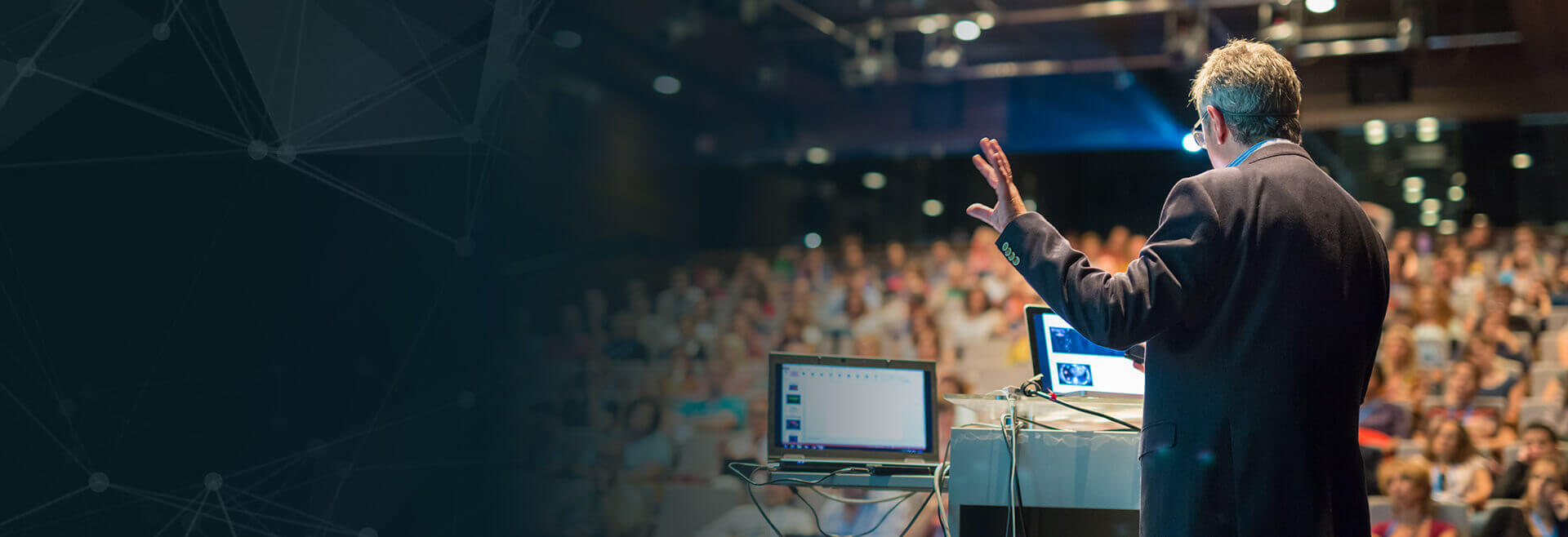Innovations in Engineering Education:
Case Studies from 2023


Introduction
In 2023, the field of engineering education is experiencing a remarkable transformation driven by innovative approaches, cutting-edge technologies, and forward-thinking institutions. This blog post explores compelling case studies that showcase the groundbreaking innovations in engineering education, providing insights into the strategies that are shaping the future of this critical field.
Case Study 1: Project-Based Learning at XYZ University
Background: XYZ University recognized the need for hands-on, practical learning experiences to better prepare their engineering students for real-world challenges.
Innovation: They implemented a comprehensive project-based learning (PBL) curriculum where students engage in multidisciplinary, team-oriented projects. These projects simulate industry scenarios, fostering critical thinking, problem-solving, and collaboration skills.
Outcome: The results have been remarkable. Graduates from XYZ University consistently demonstrate a deeper understanding of engineering concepts and exhibit a higher level of readiness for industry roles. Employer feedback has been overwhelmingly positive, citing the practical skills and teamwork abilities of XYZ graduates.
Case Study 2: Virtual Reality Labs at ABC Engineering College
Background: ABC Engineering College faced challenges in providing access to costly and complex laboratory equipment for all students.
Innovation: They introduced virtual reality (VR) labs, where students can perform experiments in a simulated environment. This not only saved costs but also allowed students to repeat experiments, enhancing their understanding and skills.
Outcome: The VR labs have democratized access to high-quality experimental resources. Students now have the flexibility to explore concepts at their own pace, resulting in improved retention of knowledge and a deeper grasp of complex engineering principles.
Case Study 3: Industry-Academia Partnerships at DEF Institute of Technology
Background: DEF Institute of Technology recognized the importance of aligning their curriculum with industry needs to ensure graduates are job-ready.
Innovation: They established strong partnerships with local industries, involving industry experts in curriculum design, guest lectures, and internships. This integration of real-world insights into the curriculum has provided students with a practical understanding of industry expectations.
Outcome: Graduates from DEF Institute of Technology are highly sought after by employers for their practical knowledge and readiness to contribute from day one. The institute's placement rates have significantly increased, showcasing the impact of this innovative approach.
Conclusion
These case studies exemplify the transformative power of innovative approaches in engineering education. As we move forward in 2023 and beyond, it is imperative for educational institutions and accreditation bodies like the STEM Learning Academic Accreditation Council (SLAAC) to embrace and support such innovations. By doing so, we can ensure that engineering education remains at the forefront of preparing students for the ever-evolving demands of the engineering industry. Together, we'll continue to shape a future where engineers are equipped with the skills, knowledge, and adaptability needed to drive technological advancements and societal progress.


